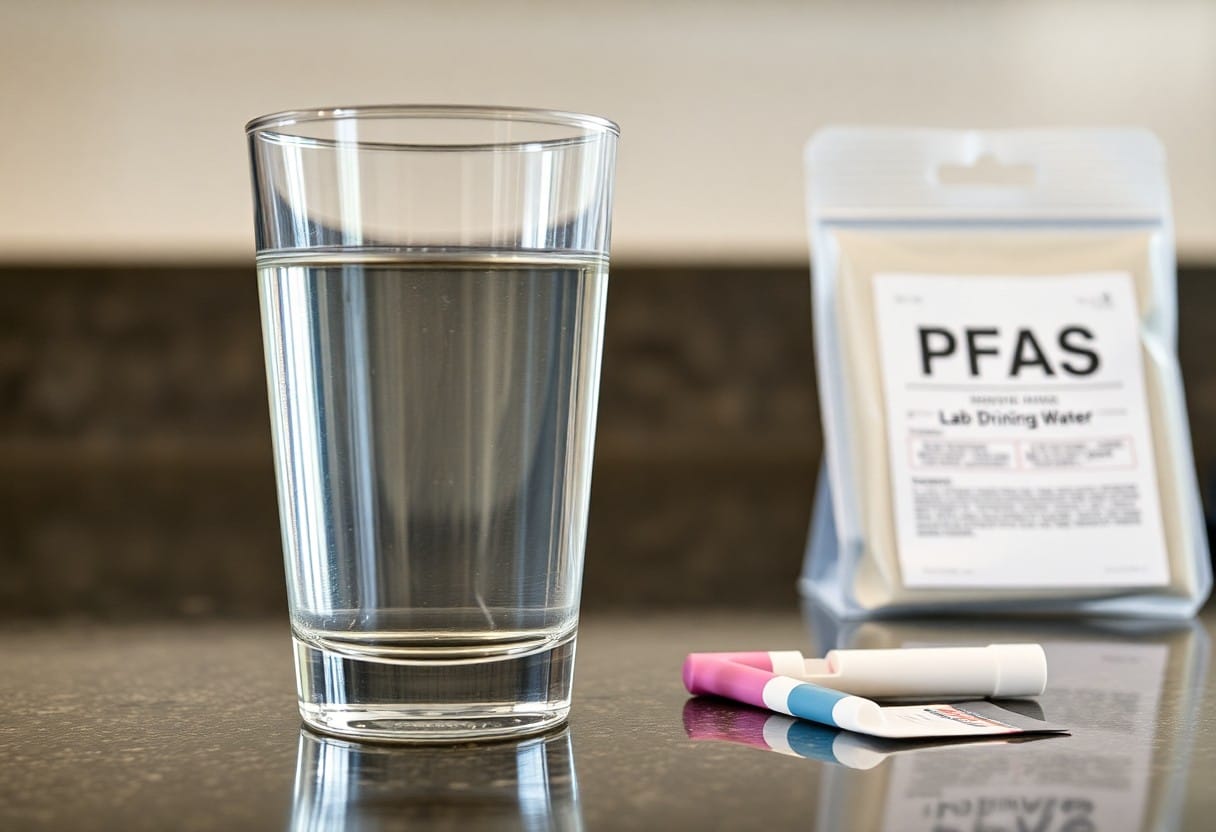PFAS is a term you might have heard recently. It stands for Per- and Polyfluoroalkyl Substances. These are man-made chemicals found in many products. Sadly, they can also contaminate our water.
If you or someone you know is affected by PFAS, you might be wondering about your legal options. This article will explore class action lawsuits and individual claims. We will help you figure out what’s right for you.
What Are PFAS?
PFAS are often called “forever chemicals.” This is because they do not break down easily in the environment. They can stay in our bodies for a long time. PFAS are linked to serious health issues. Some of these include:
- Liver cancer
- Kidney cancer
- Testicular cancer
- Ulcerative colitis
If you have been affected by these issues, it is important to know your rights.
Understanding Legal Options
When it comes to legal action, you typically have two choices: class action lawsuits or individual claims. Each has its own benefits and drawbacks. Let’s break them down.
Class Action Lawsuits
A class action lawsuit is when a group of people comes together. They share a common problem. This could be exposure to PFAS in water. Here are some key points about class actions:
- Many People: You join others who are in the same situation.
- Shared Costs: Legal fees are split among the group.
- One Lawyer: A single lawyer represents everyone.
- Easier Process: It can be simpler to join a class action.
Pros of Class Actions
- Cost-Effective: You won’t pay as much in fees.
- Less Time-Consuming: The process can be quicker.
- Community Support: You have others who understand your pain.
Cons of Class Actions
- Less Control: You have less say in the case.
- Smaller Payouts: You may get less money.
- Long Wait Times: Sometimes these cases take years.
Individual Claims
An individual claim is when one person files a lawsuit alone. This can be a better choice in some cases. Here are important points about individual claims:
- Full Control: You make all the decisions in your case.
- Personal Attention: A lawyer focuses solely on you.
- Larger Settlements: You may receive a bigger payout.
Pros of Individual Claims
- More Control: You decide what to do.
- Tailored Strategy: Your case is specific to you.
- Potentially Bigger Rewards: You may get more money if you win.
Cons of Individual Claims
- High Costs: You pay all legal fees yourself.
- Time-Intensive: This can take a lot of time.
- Less Support: You are alone in your fight.
Which Option Is Right for You?
Choosing between a class action or an individual claim can be tough. Here are some questions to consider:
- How Many People Are Affected? If many people have been harmed, a class action may be best.
- What Is Your Situation? If your case is unique, an individual claim might suit you better.
- What Are Your Goals? If you want a bigger payout, consider an individual lawsuit.
Important Steps to Take
- Consult a Lawyer: Talk to a legal expert who understands PFAS cases. They can guide you based on your situation.
- Gather Evidence: Collect medical records, water tests, and any other relevant documents.
- Stay Informed: Keep up with news about PFAS litigation.
Resources for PFAS Victims
If you are looking for help, here are some useful links:
Conclusion
Deciding between a class action lawsuit and an individual claim can be challenging. Both options have their pros and cons. Take your time to think about what is best for you. Remember to reach out for help and guidance. You don’t have to face this alone. The fight for justice is important, and you deserve to be heard.
FAQs
What should I do if I think I have been harmed by PFAS?
Talk to a lawyer who specializes in environmental law. They can provide guidance on your legal options.
How long does a class action lawsuit take?
It can vary widely. Some class actions take months, while others may last years.
Will I have to pay upfront legal fees?
Many lawyers working on PFAS cases offer contingency fees. This means you only pay if you win your case.
By understanding your legal options, you can make informed decisions about how to seek justice. You have the right to fight for your health and wellbeing!













